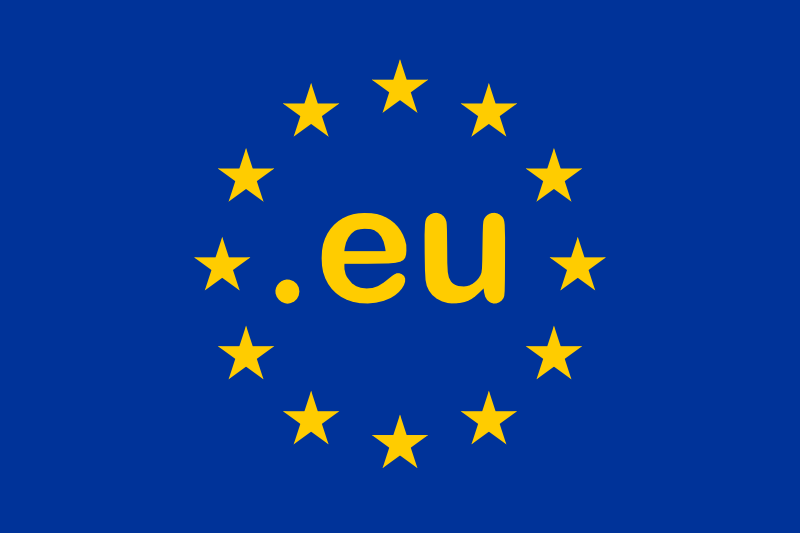EU warns gas problems "unacceptable"
 Brussels/Strasbourg, France - The failure of Russia and Ukraine to deliver natural gas to the European Union despite repeated promises to do so is "unacceptable" and unjustified, the bloc's executive said Tuesday.
Brussels/Strasbourg, France - The failure of Russia and Ukraine to deliver natural gas to the European Union despite repeated promises to do so is "unacceptable" and unjustified, the bloc's executive said Tuesday.
The European Commission believes that there is "no justification for these problems to continue" and Russia and Ukraine "have to realise that the situation is simply unacceptable," commission spokesman Johannes Laitenberger said.
The spokesman further warned that the credibility of both sides was now "on the line."
"EU consumers should not be held hostage to what is clearly a bilateral issue," he said.
Both countries had promised to renew the flow of gas to the EU by Tuesday morning, but initial hopes were quickly dashed as Russia accused Ukraine of stopping its gas transfers and Ukraine accused Russia of sending so little gas that it was not possible to pump it onwards.
Officials in Brussels said that both countries were also denying EU monitors full access to their respective central gas control rooms, in "clear violation" of earlier agreements.
Laitenberger's comments, made after a commission meeting in the French city of Strasbourg, came as the EU launched a frantic round of diplomacy with Russia and Ukraine in a bid to restart supplies.
Czech Prime Minister Mirek Topolanek, whose country currently holds the EU's rotating presidency, called his Ukrainian counterpart, Yulia Tymoshenko, to demand an explanation.
Tymoshenko replied that "the pressure of gas arriving from the Russian Federation (was) too low," a presidency statement said.
Commission head Jose Manuel Barroso, meanwhile, told Russian Prime Minister Vladimir Putin that the EU was disappointed "at both the levels of gas flowing through the pipelines ... and the access of our monitors to the (control) centres," commission officials said.
The situation regarding the monitors' access had improved by the afternoon, but was still not fully resolved, Laitenberger later said.
Meanwhile, the prime ministers of Bulgaria and Slovakia, whose countries have been completely cut off from gas supplies since Gazprom closed its taps to Europe through Ukraine last week, planned to fly to Moscow on Wednesday to discuss the crisis, the Interfax news agency quoted Putin as saying.
The latest twist in the Russia-Ukraine row came less than 24 hours after EU Energy Commissioner Andris Piebalgs warned that the bloc's patience was running out after almost a week of gas shortages.
The commissioner, who helped broker a deal on the monitors' final status, also threatened to name and shame anyone responsible for further delays.
Laitenberger repeated that threat Tuesday, saying that the situation had become "surreal" and that the commission would "need to point out who is responsible."
But the crisis has highlighted the EU's helplessness in the face of the bitter row between two non-members which are respectively its biggest supplier of natural gas and the controller of most of the pipelines which bring it to Europe.
Russia supplies roughly one quarter of all the natural gas burned in the EU. Under normal circumstances, 80 per cent of that gas travels to Europe through Ukraine.
"It is in the interest of our partners to be aware that the EU is a good client," Laitenberger warned.
Since the row first hit EU gas supplies, the 27-member bloc has demanded an immediate resumption of deliveries and warned that the two sides are risking their credibility on an almost daily basis.
On Monday, after days of talks, the EU finalized a deal with Russia and Ukraine authorizing experts from all three players to monitor Ukrainian pipeline gas flows.
The deal was aimed at dispelling Russian fears that Ukraine was stealing gas meant for European clients - the reason Gazprom gave for turning off the taps, but which Kiev denied.
But Tuesday's argument between Moscow and Kiev hinged on the technical question of how to move Russian gas through Ukraine and who should pay for doing so, an issue which no amount of careful monitoring could solve, officials in Brussels said. dpa